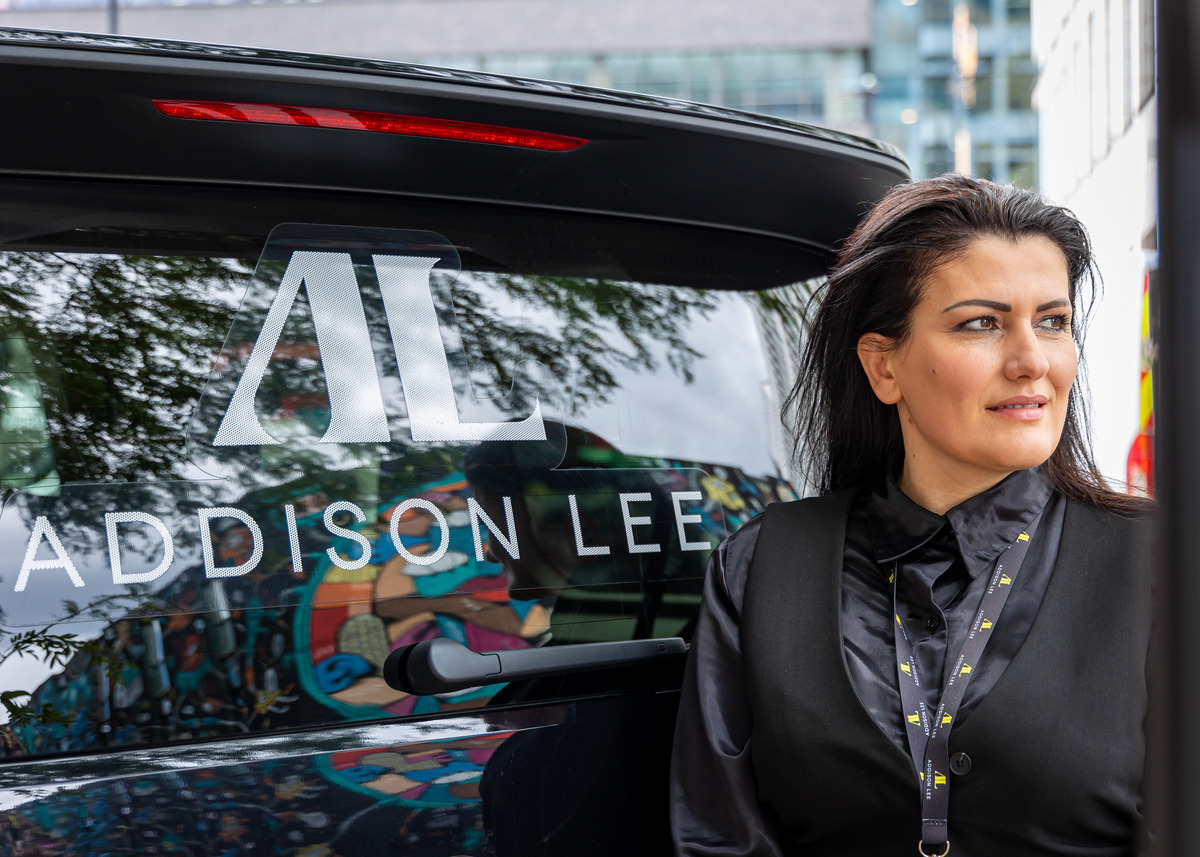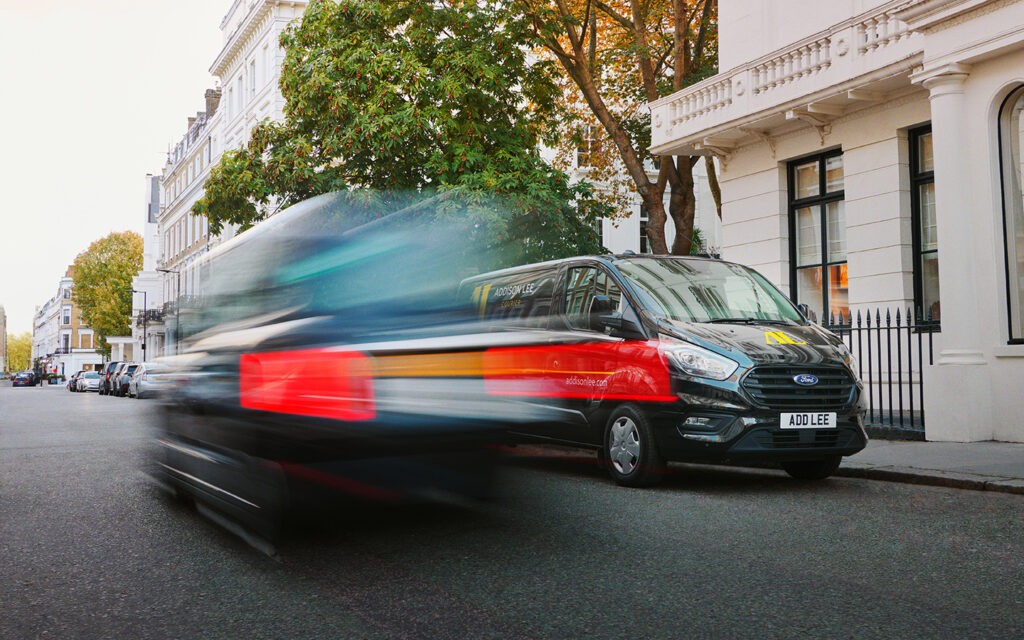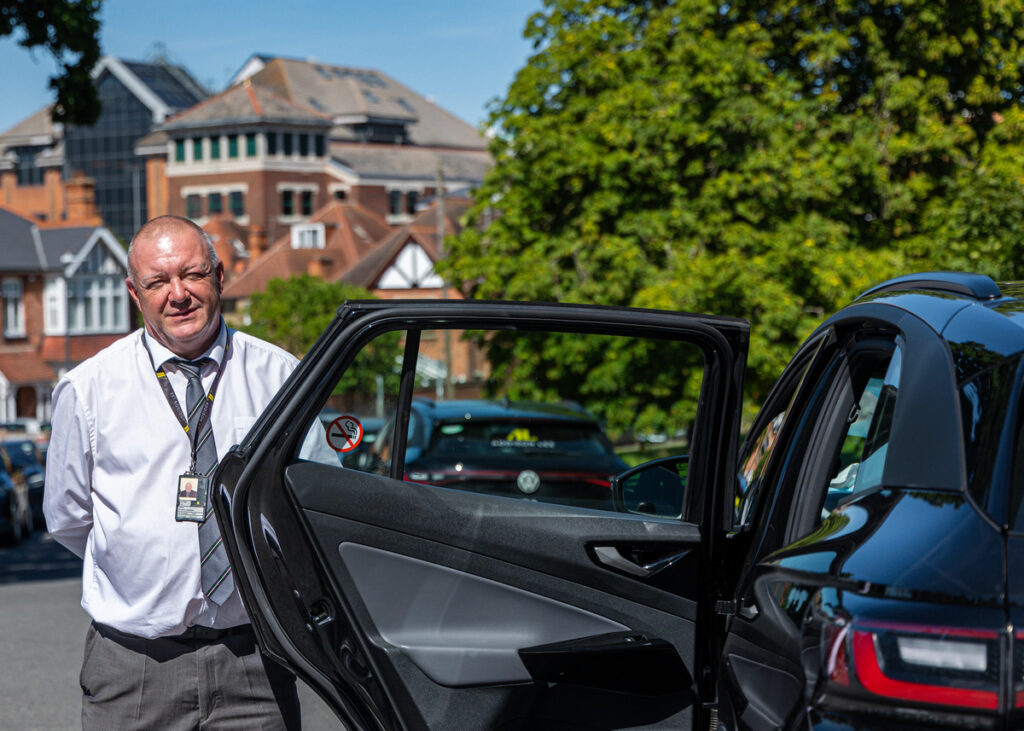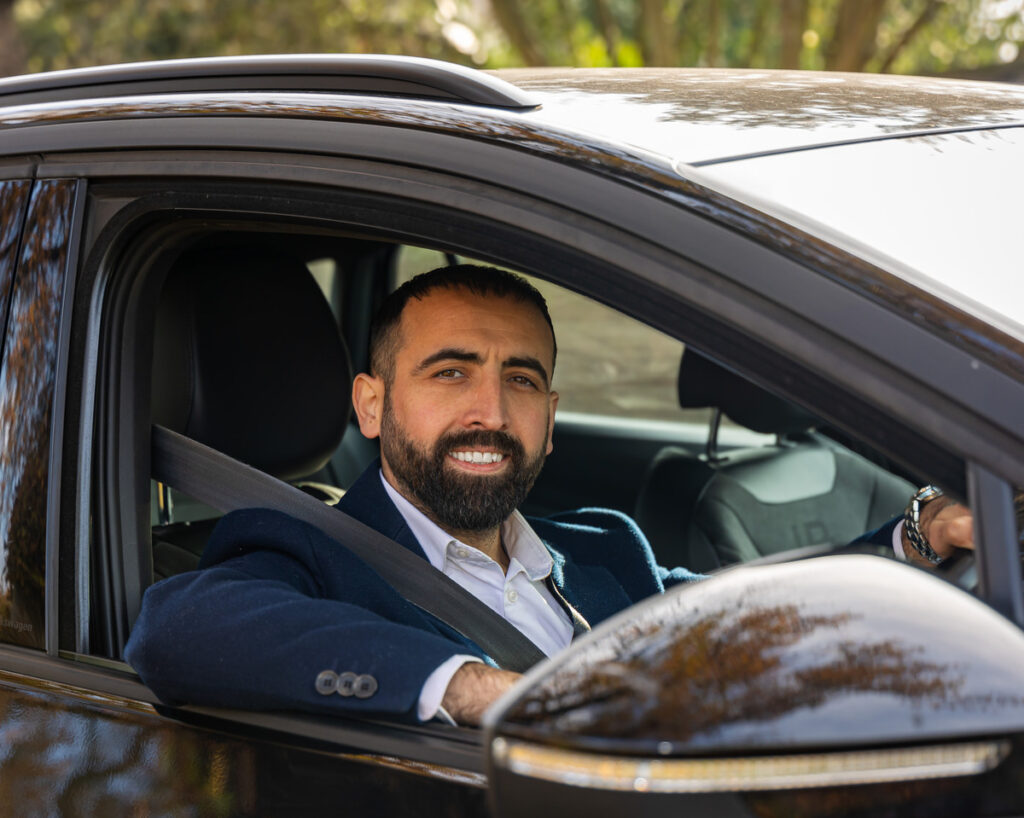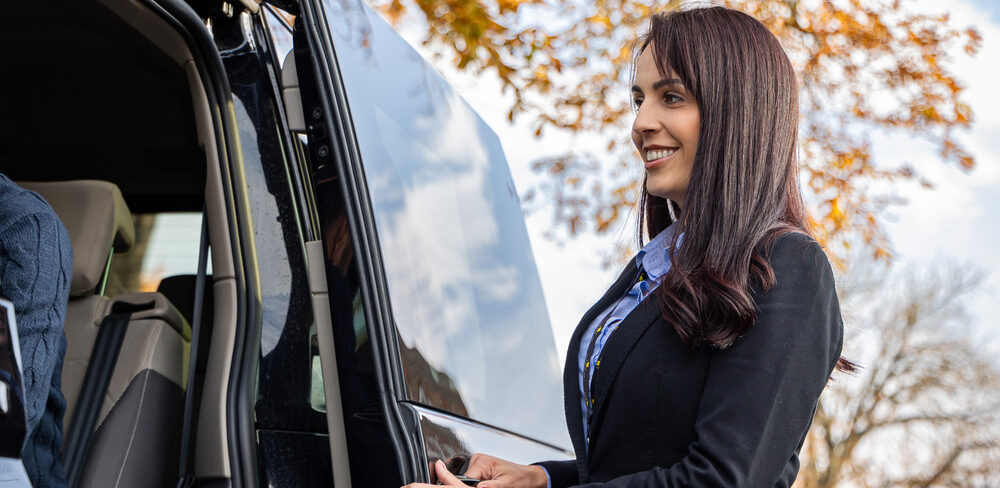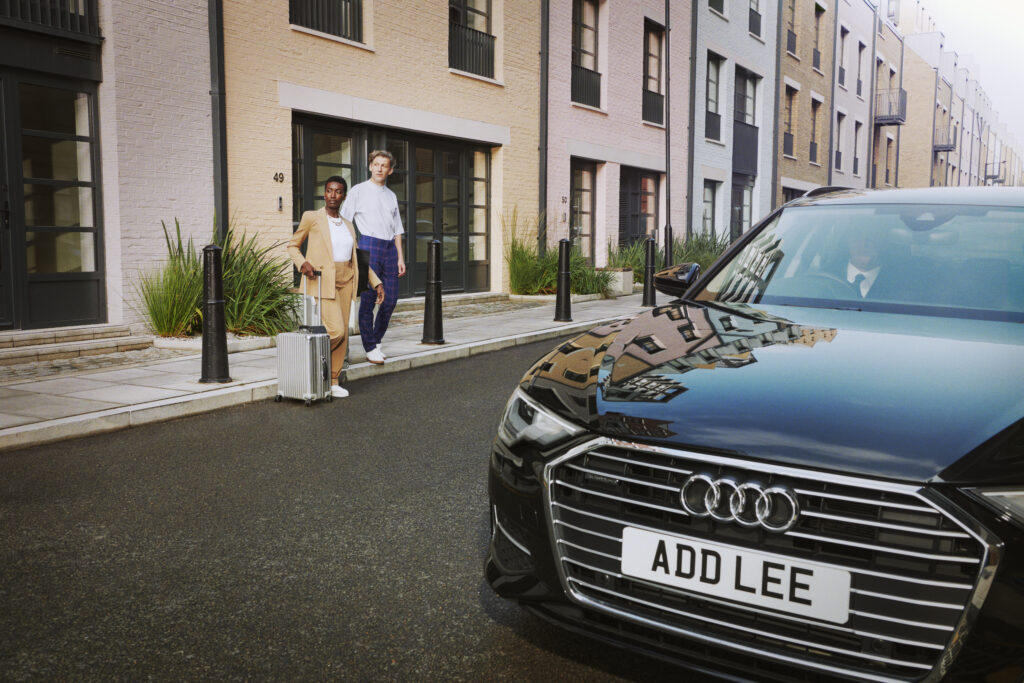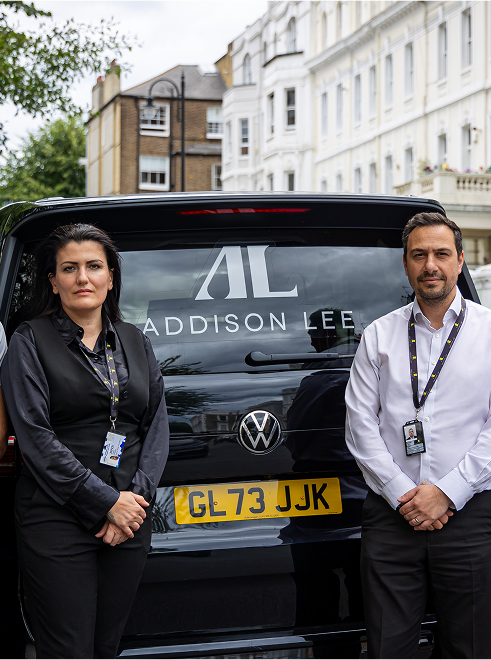
VAT for Private Hire Drivers: What You Need to Know
Understanding VAT as a private hire driver can be a headache for some, but getting it right is essential for managing your finances and avoiding unexpected tax bills.
Whether you’re wondering if you need to register, how VAT applies to your fares or how to handle your returns, our guide breaks down what you need to know about VAT.
Do Private Hire Drivers Need to Register for VAT?
Not all private hire drivers need to register for VAT. In the UK, you must register if your taxable turnover exceeds the VAT threshold, which is currently £90,000 per year (as of 2025). If you earn below this threshold, VAT registration is optional, but some drivers choose to register voluntarily to reclaim VAT on business expenses.
If you work through an operator that is VAT-registered, you might still be affected by VAT on your fares, so it’s essential to understand your position.

Tips for Handling VAT Returns Efficiently
- Use accounting software – Platforms like QuickBooks or FreeAgent can help automate VAT calculations and submissions.
- Understand Making Tax Digital (MTD) – If you’re VAT-registered, you must comply with MTD rules, meaning VAT returns must be submitted digitally.
- Plan for VAT payments – Setting aside VAT from fares in a separate account can prevent cash flow issues when your quarterly return is due.
Stay Compliant
VAT for private hire drivers may seem complex at first, but with the right setup you can stay compliant and even maximise your earnings. If you’re unsure about your VAT position, speaking to a tax advisor or accountant can ensure you’re managing your VAT correctly. Many Addison Lee drivers use Cab Accounting to help with their VAT needs.
Let Addison Lee’s self-billing scheme simplify your VAT process. Need more guidance? Watch this video to learn how Addison Lee supports VAT-registered drivers or check HMRC’s VAT rules for private hire drivers.
How VAT Applies to Private Hire Fares
Private hire fares are subject to VAT only if the operator you work for is VAT-registered. In this case, the operator will typically charge VAT on the full fare paid by the customer. However, as a self-employed driver, you are usually paid a commission or fee from the operator, and your earnings may or may not be subject to VAT depending on your registration status.
If you are VAT-registered, you must charge VAT on your services and can claim back VAT on eligible expenses, such as fuel and vehicle maintenance.
Claiming VAT Back with Addison Lee’s Self-Billing Scheme
If you’re VAT-registered, Addison Lee’s self-billing scheme makes VAT management easier by handling invoicing on your behalf. Here’s how it works:
- Automated VAT Invoicing – Addison Lee generates your self-billing invoice each quarter, so you don’t need to issue VAT invoices yourself.
- Charge Addison Lee 20% VAT on Your Earnings – When you submit your self-billing invoice, Addison Lee adds VAT to your fare revenue.
- Claim Back VAT on Business Expenses – You can reclaim VAT on eligible costs like fuel, servicing and car hire.
To understand more, watch this video explaining Addison Lee’s self-billing scheme in detail.
Common VAT Pitfalls and How to Avoid Them
- Not keeping track of earnings – If you’re close to the VAT threshold, regularly monitor your income to avoid unexpected VAT registration requirements.
- Misunderstanding VAT-exempt fares – Some transport services, such as those provided for disabled passengers, may be VAT-exempt. Ensure you know which fares are taxable.
- Incorrect VAT claims – Claiming VAT on personal expenses or ineligible business costs can lead to penalties. Always keep accurate records.
Tracking Expenses and Input Tax
If you are VAT-registered, you can reclaim VAT on business-related expenses, known as input tax. Common expenses that qualify for VAT reclaims include:
- Fuel and vehicle maintenance
- Servicing and repairs
- Car rentals and insurance (if VAT is applied)
- Office supplies and technology used for business purposes
Keeping digital records using accounting software can make tracking VAT easier and ensure you don’t miss out on reclaimable expenses.
